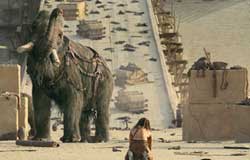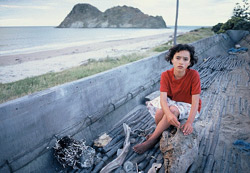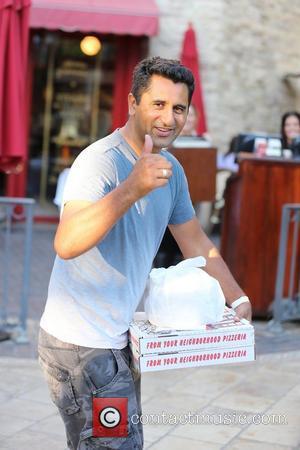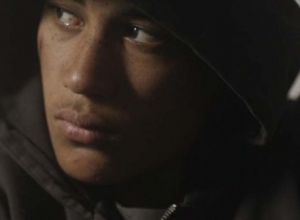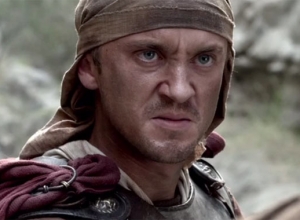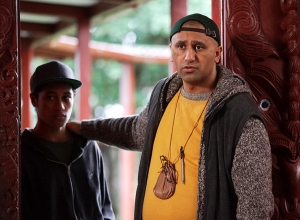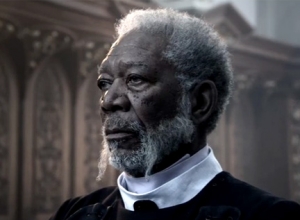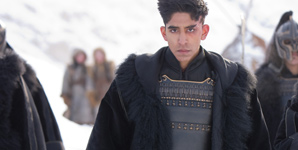A relentlessly downbeat tone makes this Kiwi drama sometimes hard to watch, but the true story is genuinely involving, with an inspirational kick that never feels pushy. It also offers terrific actor Cliff Curtis the chance to revisit the rough side of New Zealand society that he so memorably depicted 20 years ago in the award-winning Once Were Warriors.
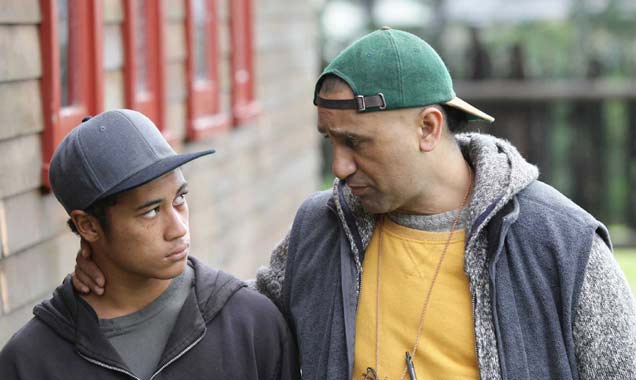
The story takes place in Gisborne, a city on the east coast of the North Island. After being held on a mental ward, Genesis (Curtis) is released into the care of his brother Ariki (Wayne Hapi), a single-dad who is also a veteran member of the Vagrants biker gang. His son Mana (James Rolleston) is about to turn 15, and Ariki insists that he enters the gang's initiation process, overseen by the brutal Mutt (Barry Te Hira), but Mana sees in Genesis a possible escape, following him to a youth chess club run by his old pal Noble (Kirk Torrance) and his wife Sandy (Miriama McDowell). It turns out that as a young man, Genesis was a surprise chess champion, and now he finds a sense of purpose encouraging these young people to play the game. But Ariki is furious about this, and throws Genesis out into the streets.
Curtis brings layers of intelligence and tenacity to Genesis, revealing him as a troubled man determined to maintain his mental health by finding something positive to focus on. He may now be sleeping rough in the park, but he refuses to give up. And his growing connection with Mana provides a further glimmer of hope for both of them. Opposite him, Rolleston is superb as a young man straining against the bleak future his father has mapped out for him. So while everything in their lives feels sometimes oppressively grim, their relationship gives the film an underlying sense of promise.
Continue reading: The Dark Horse Review



